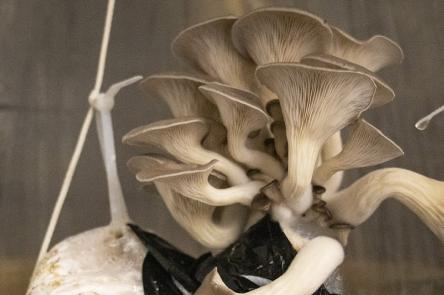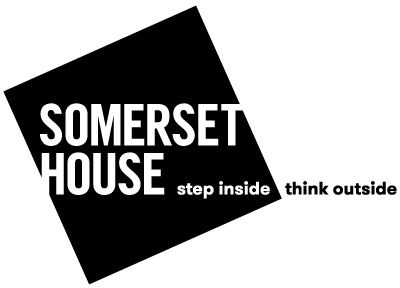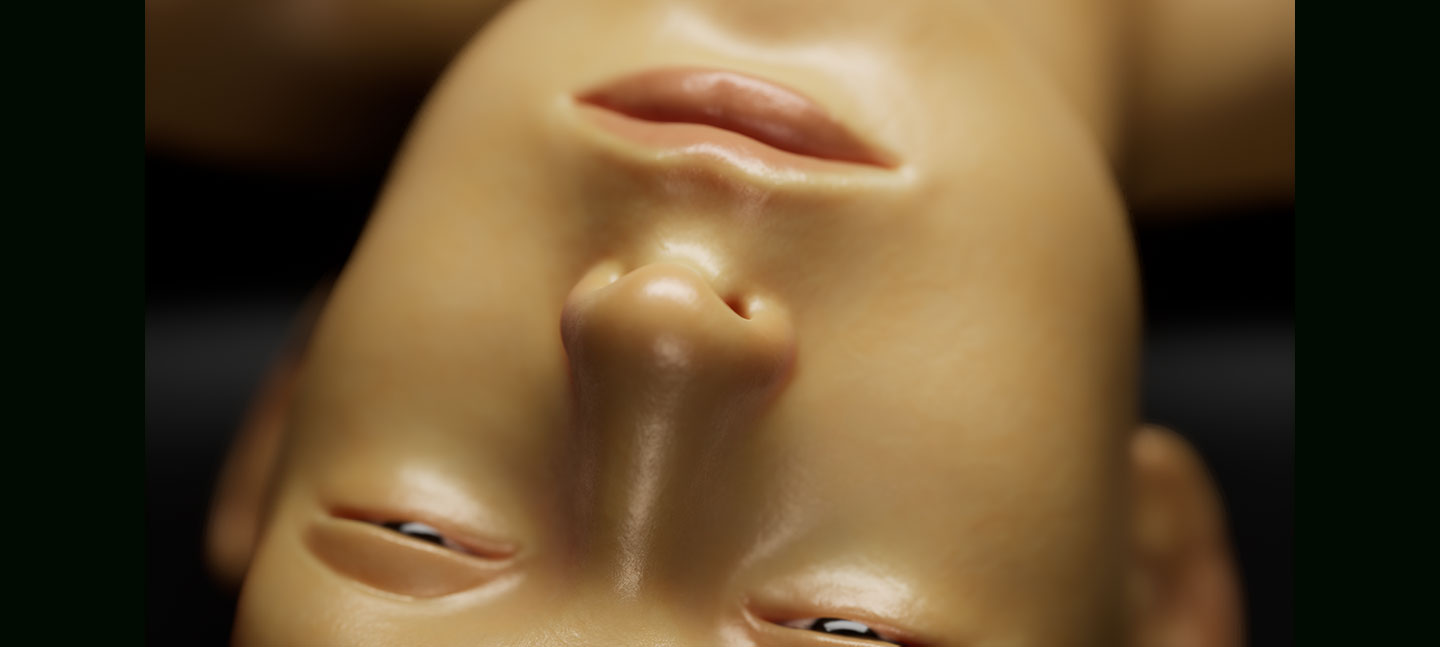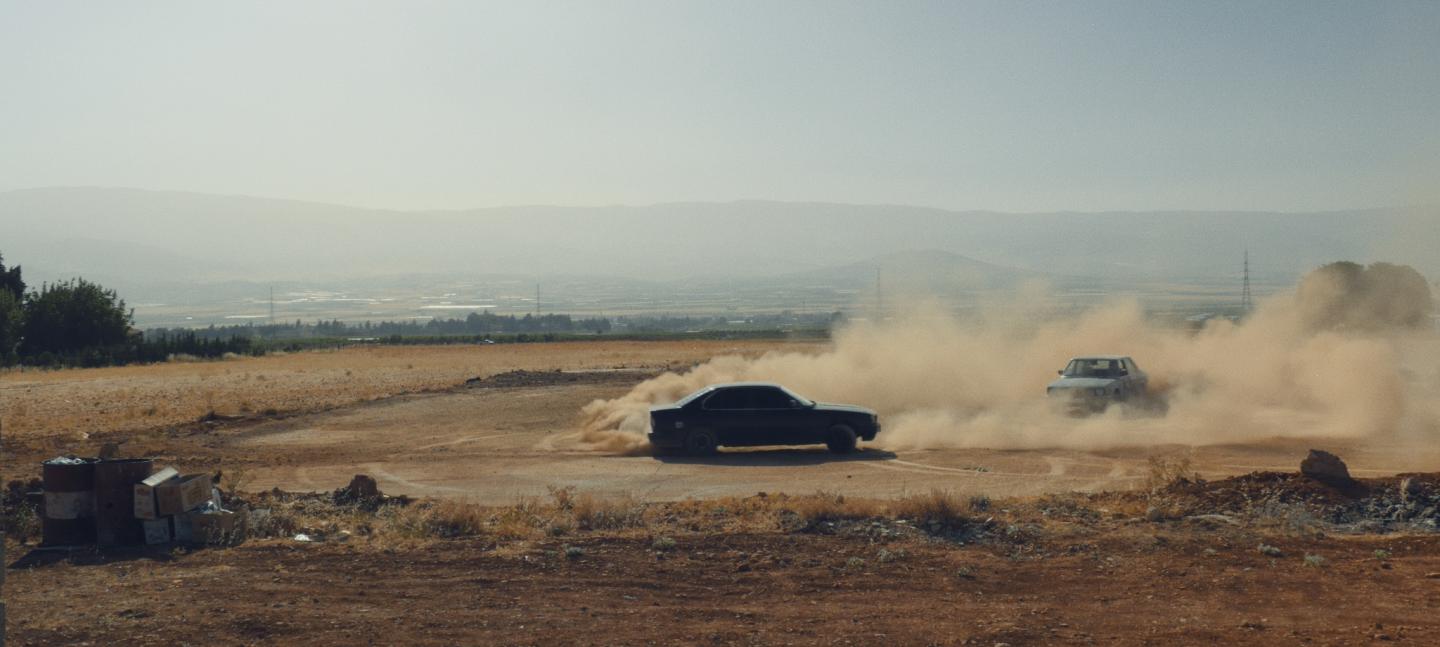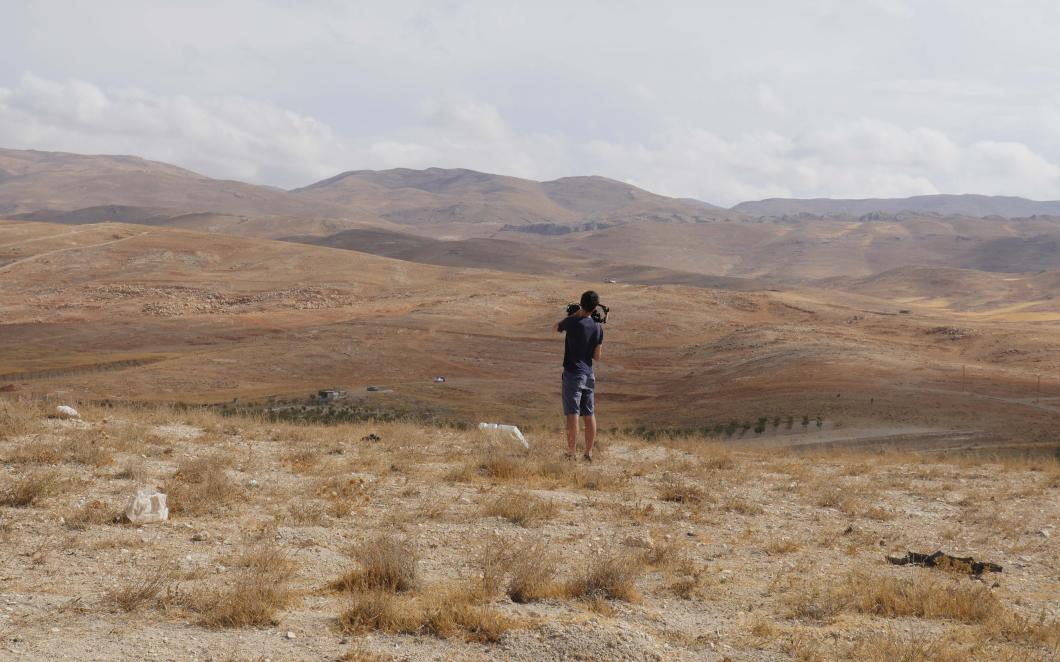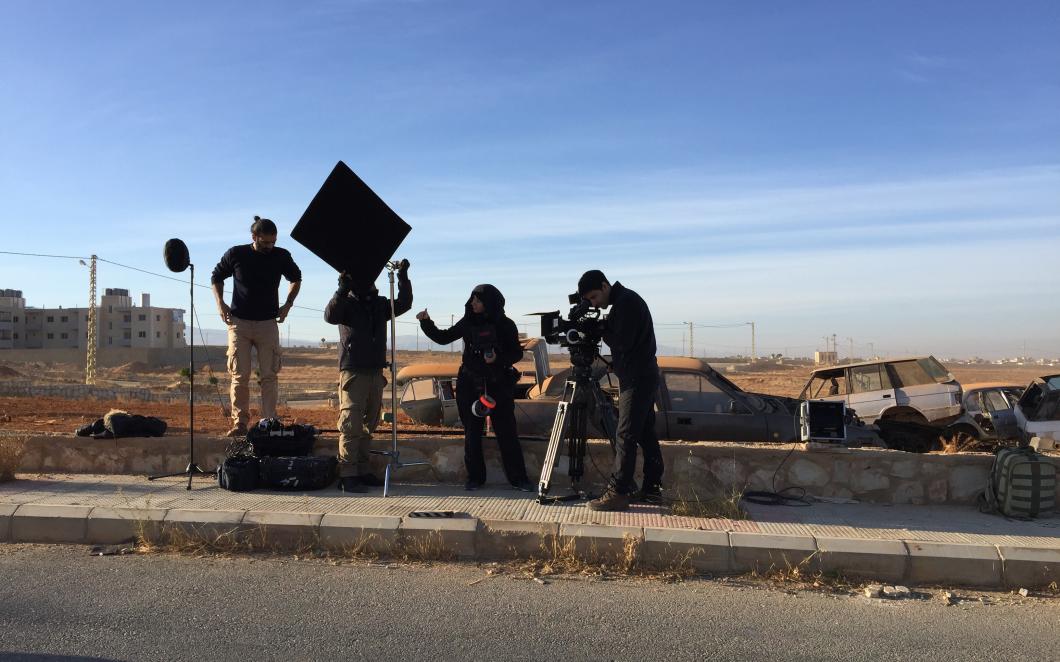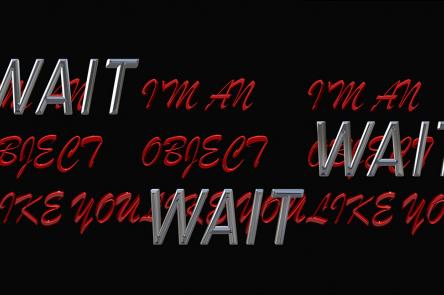Q&A
Hi Maeve, please could you introduce yourself...
Maeve Brennan: I am an artist and filmmaker based in London. I studied at Goldsmiths and then was a fellow at the Home Workspace Programme at Ashkal Alwan in Beirut, where I lived from 2013–16. My practice is research-oriented, involving long term investigations that culminate primarily in moving image works, as well as installation, photography, sculpture and printed matter. Adopting a documentary approach, I gain intimacy and proximity with my subjects, producing complex and layered accounts. I often work with disciplines that encompass a material practice – geologists, archaeologists, architects, mechanics, embroiderers. These disciplines depend upon an embodied knowledge or understanding gained through intimate work with their object of study. My films document these forms of work – capturing human acts of care and restoration, maintenance and repair.
I have recently exhibited at Chisenhale Gallery, London; Spike Island, Bristol; The Whitworth, University of Manchester; Mother’s Tankstation, Dublin; Wäinö Aaltonen Museum of Art in Turku, Finland and Kunsthaus Bregenz, Austria. My films have been screened internationally at film festivals including International Film Festival Rotterdam; Sheffield Doc Fest; FILMADRID and Sonic Acts, Amsterdam. I received the Jerwood/FVU Award 2018 and am the current Stanley Picker Fine Art Fellow at Kingston University.
What is the WORST moment of your career so far (please not C-19), how did you show resilience and bounce back?
MB: When we were shooting The Drift (2017) in the Beqaa Valley in Lebanon back in 2016, we were stopped in the middle of a scene and taken for questioning by Hezbollah. We were making the film on a very limited budget with only 4 days for the shoot and every hour of sunlight was essential. Our phones and passports were confiscated, and we were all questioned individually. In the end they released us, but we were no longer permitted to film in certain locations. My DP and I worked quickly to adapt the shooting plans but in the end, I had to return with my producer to shoot some additional interview shots with the main character, a young car mechanic named Mohammad. This interview was not in the original plan, but it ended up being one of my favourite scenes in the film. This is one of the most exciting things about working with documentary film – how unplanned moments often lead to the most poignant material and can completely reshape the work.
What was the best piece of advice you were ever given?
After I graduated from Goldsmiths, I won a travel award that took me to Jerusalem and the West Bank in 2013. I was researching my great-grandfather Ernest Richmond, who was an architect and archaeologist based in Jerusalem from 1917–37. When I came back to London, I had the choice to apply for a Masters in the UK or to relocate to Beirut for the Home Workspace Program at Ashkal Alwan (2013–14). I remember feeling a pressure to continue a formal education and get an MA but someone told me to go for Beirut. I ended up living there for three years and my experiences in Lebanon were completely life changing. I still don’t have an MA but managed to pursue my art career by taking another route.
As the world is systematically changing, what does a future Creative Career look like after C-19?
I think it’s still too soon to tell how things will change. It is hard to imagine the art world continuing as it was, reliant on constant travel and wasteful temporary exhibitions and art fairs. I hope that this rupture leads to a more sustainable approach that incorporates a sense of longevity.
My practice has also relied on being in different places for long periods of time, so I am having to adapt. My current research is on the illicit antiquities trade, working in collaboration with forensic archaeologist, Dr Christos Tsirogiannis. Tsirogiannis has access to a secret digital archive containing over 100,000 images of looted and stolen artefacts and he uses this to identify potentially illicit objects at auction houses, museums and galleries. We are yet to see how the pandemic will affect this illicit economy but there was already a move towards digital transactions using secret Facebook groups and Whatsapp deals.
